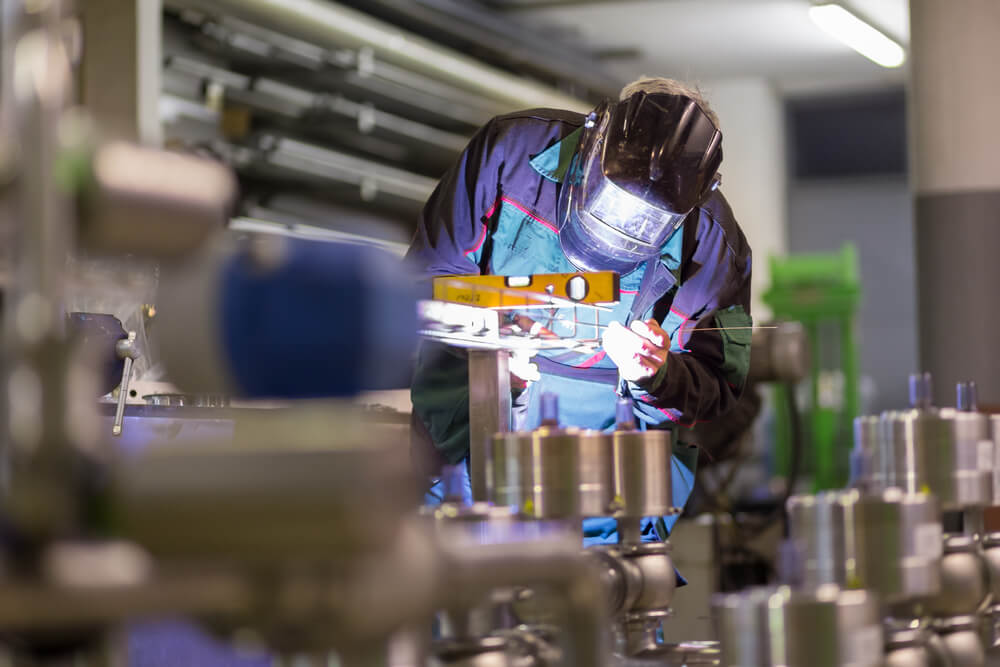Week 41 in Manufacturing News
The supply chain crisis and US ports: ‘Disruption on top of disruption’; UK Manufacturing Production rises by 0.5% MoM in August vs. 0% expected; Eurozone industrial output falls as supply bottlenecks take toll.

The Supply Chain Crisis and US Ports: ‘Disruption on Top of Disruption’
This year’s supply chain pressures have had ripple effects throughout the economy that are hurting US retailers and manufacturers. With the US economy likely to remain highly dependent on Pacific trade, the Los Angeles and Long Beach ports need further investment to boost their capacity. The bipartisan infrastructure bill championed by the Biden administration allocates $17bn to ports.
Similar supply chain problems are being felt worldwide. In Europe, German industry has been hit by shortages of everything from computer chips to the metals used in electric car batteries, while the UK has endured long queues and frayed tempers at petrol stations because of fuel shortages.
Source: Financial Times.
UK Manufacturing Production Rises by 0.5% MoM in August vs. 0% Expected
Britain’s industrial sector recovery gathered momentum in August, the latest UK industrial and manufacturing production data published by Office for National Statistics (ONS) showed on Wednesday.
Manufacturing output arrived at 0.5% MoM in August versus 0% expectations and -0.6% booked in July while total industrial output came in at 0.8% vs. 0.2% expected and 0.3% last.
On an annualized basis, the UK manufacturing production figures came in at 4.1% in August, missing expectations of 6.0%. Total industrial output jumped by 3.7% in the eighth month of the year against a 3.0% reading expected and the previous 4.4% print.
Source: FXStreet.
Eurozone Industrial Output Falls as Supply Bottlenecks Take Toll
Several companies in Germany’s large carmaking industry have been forced to idle production and put thousands of workers back on furlough due to shortages of materials, particularly semiconductors.
This led to a 1.6 per cent drop in manufacturing production in August from the previous month across the 19 countries that share the euro, Eurostat announced on Wednesday. The fall was in line with economists’ expectations.
One of the steepest declines was in Germany, where manufacturing output dropped 4.1 per cent. However, in France, industrial output rose 1 per cent, while Spanish industrial output was up 0.1 per cent.
Source: Financial Times.

